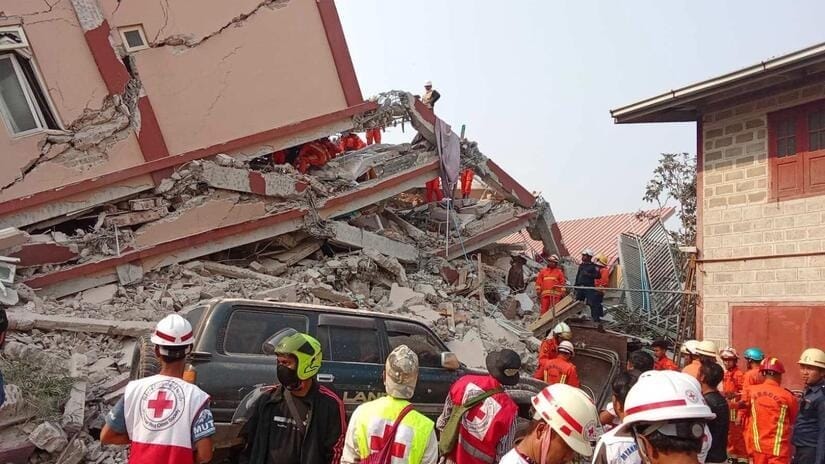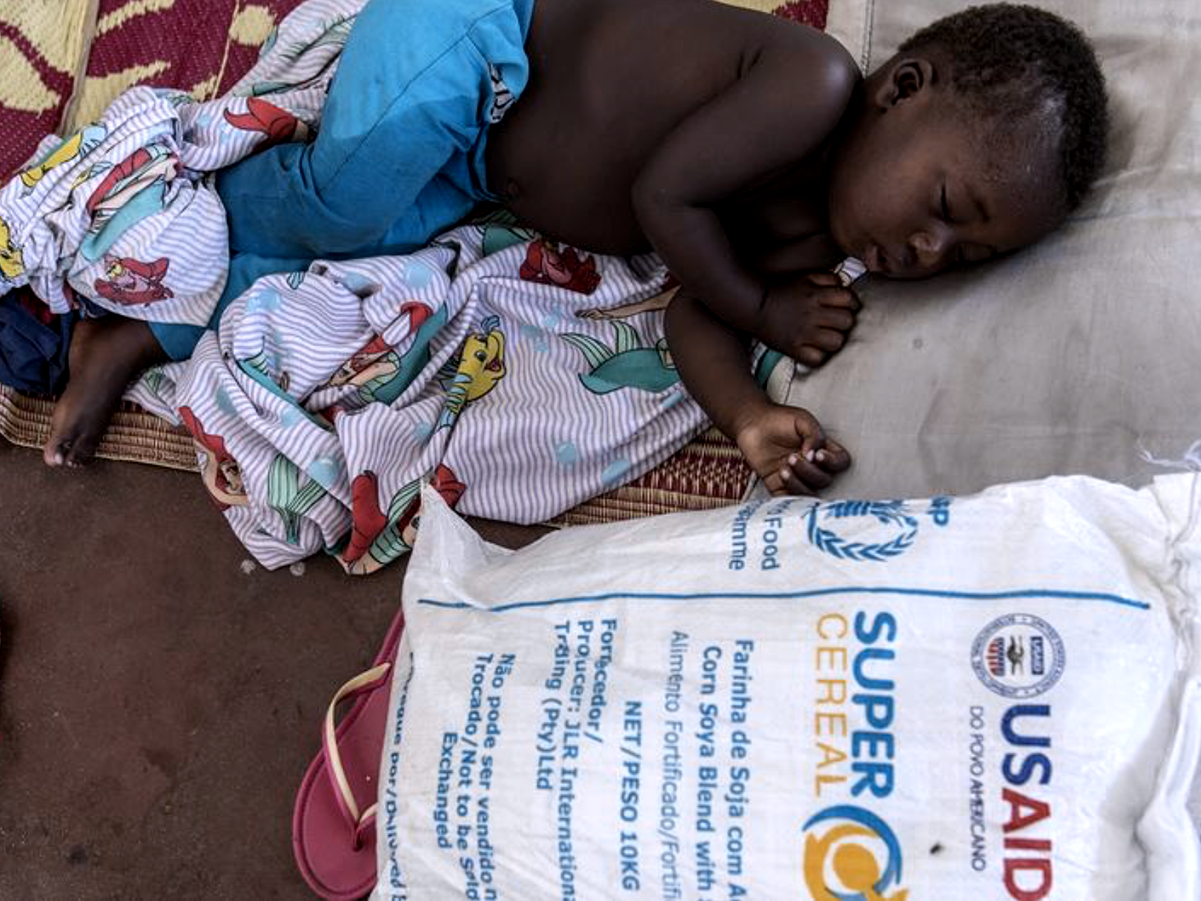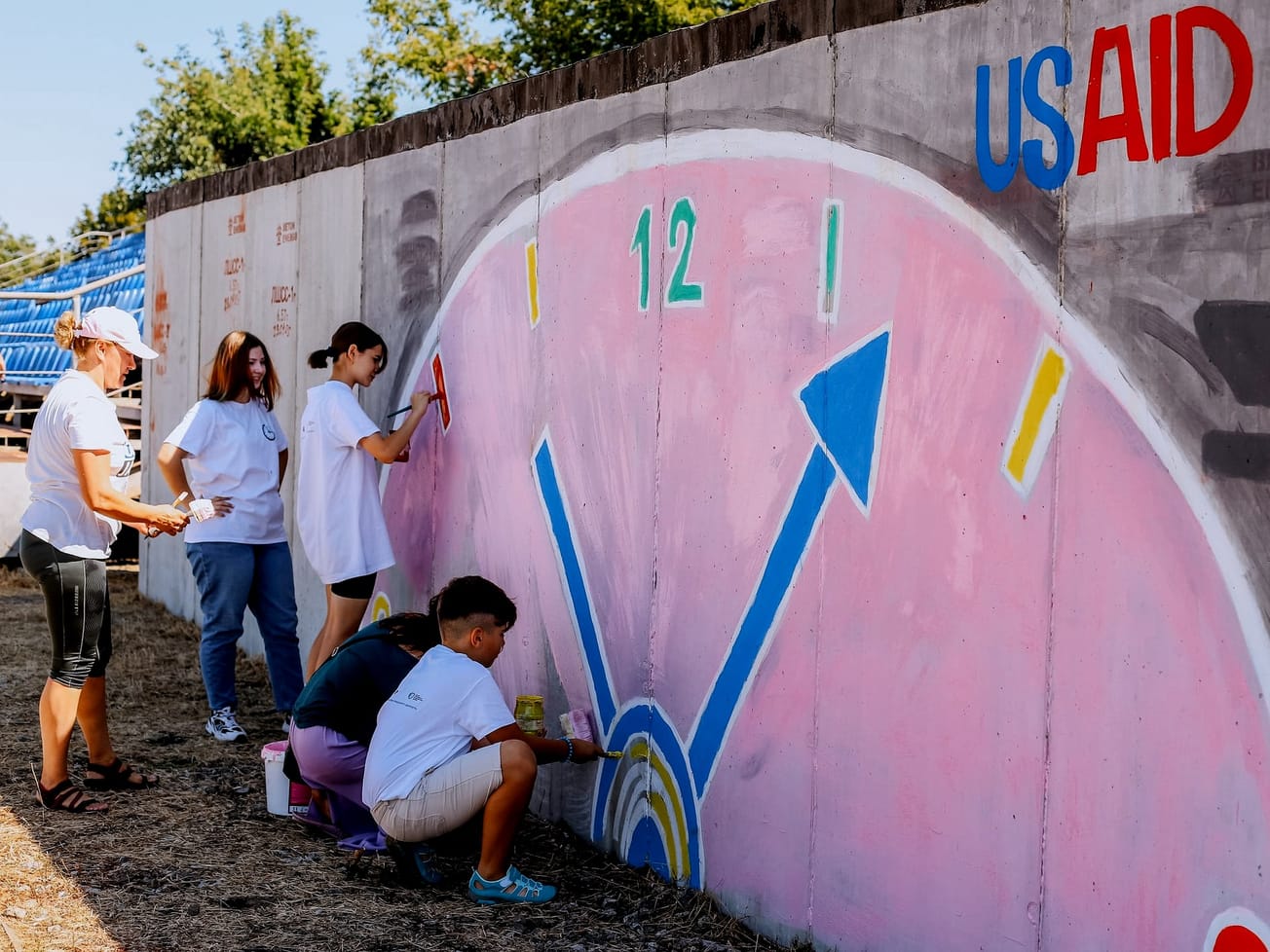The heads of about two dozen United Nations-aligned and other international organizations pursued diplomacy while demanding that the Taliban immediately end its policies severely curtailing the freedoms of women and girls.
They denounced a decision by Afghanistan’s de facto authorities to ban women from working in humanitarian nongovernmental organizations, calling it a major blow for women, children and other vulnerable communities as well as the entire country that has forced some programs to be halted.









